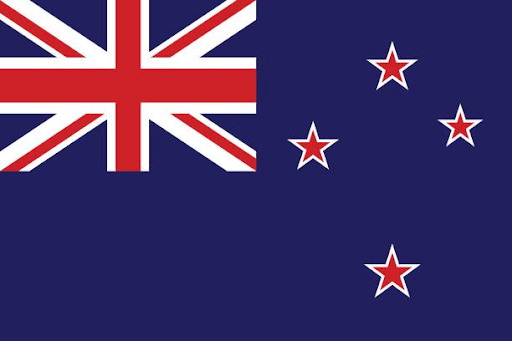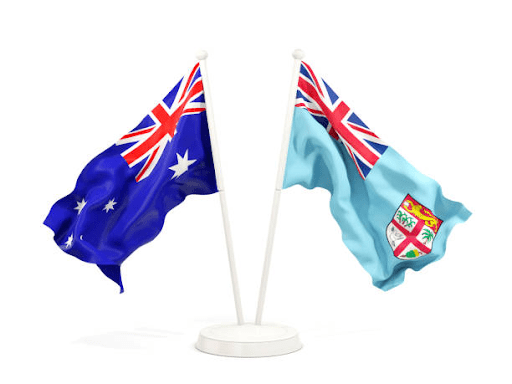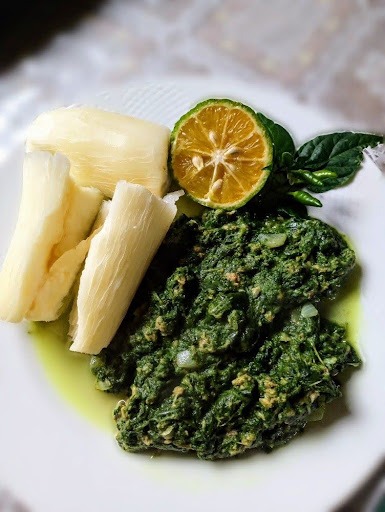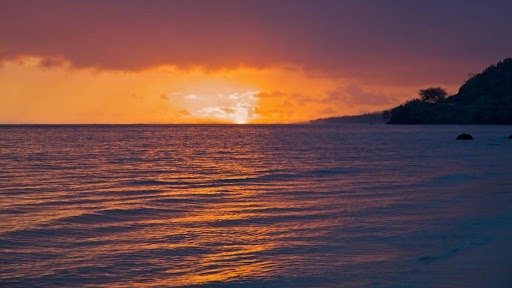More weather-related Fijian terms
Here’s a continued series on Fiji’s weather-related terms, focusing basically on names for parts of the day, week or any other information. For more, check out our first article on weather-related terms, ‘10 Fijian weather-related terms’.
Bogi
Pronounced as, mboh-ngee, this word seemingly refers to the word ‘night’. In other contexts, an acceptable protocol in villages is to call out “bogi” to people before entering their houses at nightfall. Initially, Fijians calculated the passing of time by counting nights and relying more on the moon’s lunar activity.
- Midnight/ Dead of night- Bogilevu. (mboh-ngee-le-voo)
In the upper Macuata province, ‘bogibogi’ may refer to early hours of the morning.
Kabu or Kabukabu
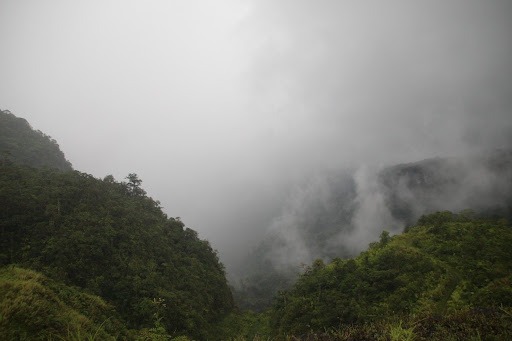
This refers to the morning mist, fog or an area/ a mountain covered with mist.
- Morning mist- Kabu ni mataka.
- Heavy fog/mist- Kabukabu.
Macawa
Fijians initially didn’t have a term for ‘week(s)’, but you may use this word, ‘macawa’ to refer to it. The term is derived from a term that describes the atmosphere or surface, which is also under the same name and is pronounced, ‘mah-the-wa’.
Macawa, may also refer to a subject that is of nonsense or a useless character, the pronunciation of macawa in this context differs, and the end of the word- wah is slightly dragged out. For clarification and understanding, always note the context in which this word is used.
- This week- Na macawa qo. (na-mah-the-wa-ngo) *ngo in gain
- Last week- Na macawa sa oti. (na-mah-the-wa-sa-oh-tea)
- Next week- Na macawa mai qo. (na-ma-the-wa-ma-e-ngo)
Mataka

Mataka, pronounced ‘mah-tah-kah’, refers to the earliest part of the day, morning. However, you may also hear locals refer to tomorrow as ‘mataka’. For this, you must inquire for better context.
- Morning- Mataka (mah-tah-kah).
- Tomorrow- Siga ni mataka or mataka (see-nga-nee-mah-tah-kah).
- Tomorrow Morning- Matakalailai ni mataka or Mataka ni mataka (mah-ta-kah-la-e-la-e-nee-ma-ta-kah) (ma-ta-kah-nee-ma-ta-kah).
Sigalevu
The word refers to noon, but in Fijian, this may refer to any time of the day from late morning to mid-afternoon. The pronunciation is, ‘see-nga-le-voo’.
Tegu
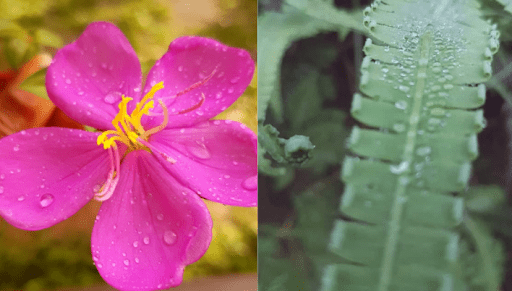
This refers to dews found on flowers, leaves, and plants or the result of wet ground in the morning. Tegu, is pronounced as, ‘te-ngu’, with ngu having a soft g sound.
Vula
As noted in our previous article, the name for the moon and months in Fijian are by the name, Vula (voo-lah).
- The moon is rising- Sa cabe na vula (sah-the-mbey-na-voo-lah).
- The moon is bright- Sa cila na vula (sah-thee-lah-na-voo-lah).
Yakavi
This refers to the afternoon or nearing dusk, just before nightfall. This may also be referred to as early evening. Anything done in this part of the day will include word forms of this word in it.
- Afternoon- Yakavi (Yah-kah-vee).
- Afternoon (still daytime) – Yakavi Siga. (Yah-kah-vee-see-nga)
- Dinner- ivakayakavi (e-vah-ka-yah-ka-vee).
A rule for pronouncing g and q sounds in the Fijian language, g will always have a soft sound, like ‘g in sing’, and q will have a hard sound, like ‘g in gain’.



